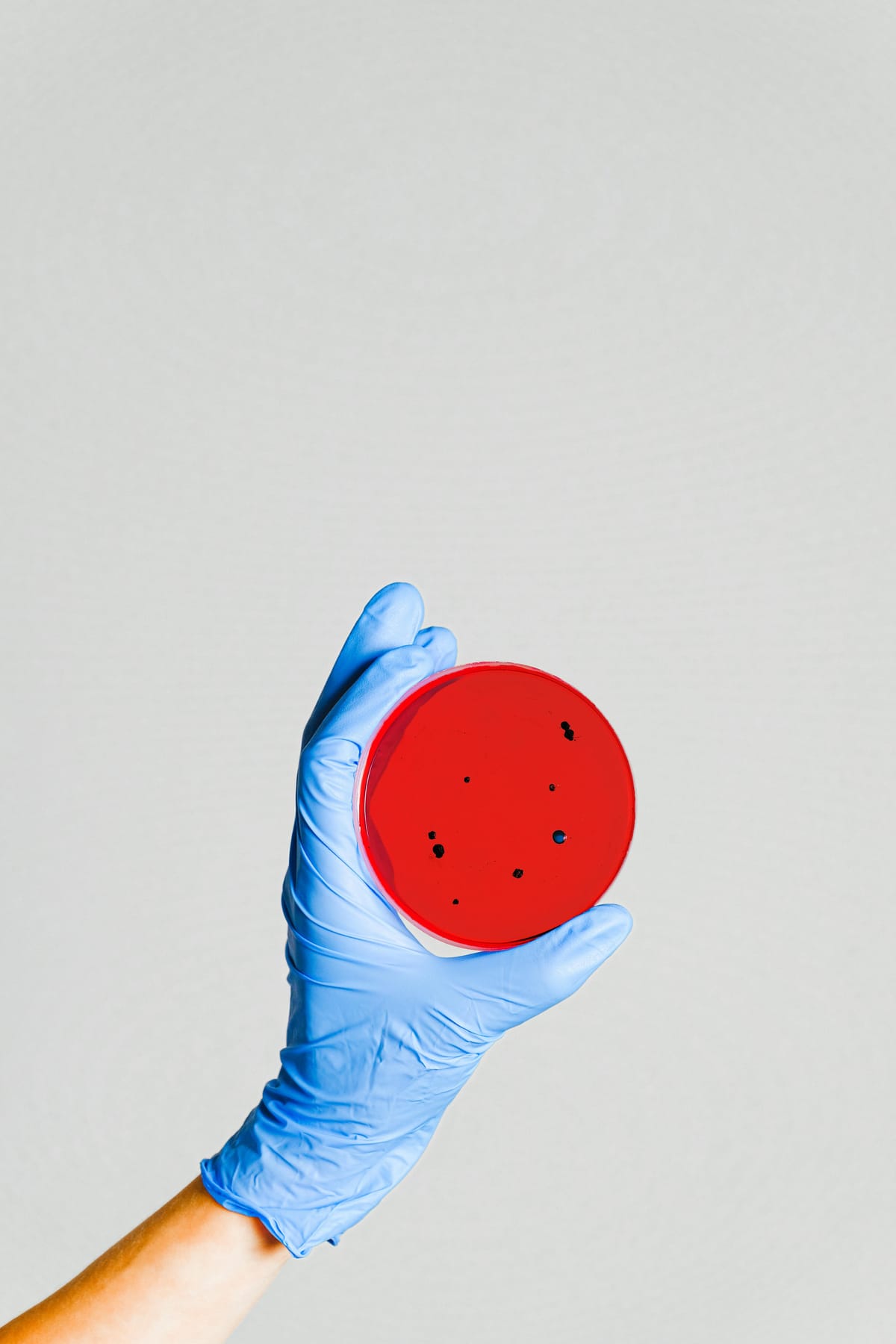Probiotics for the brain?

The brain was always believed to be a sterile environment. You have something known as the Blood-Brain Barrier (BBB), a mesh of nerves protecting the brain.
There was then a belief that the BBB prevented unwanted things from entering the brain. Protecting the brain, so to speak. However, recent research has challenged this assumption.
Researchers are now discovering that your brain too has microbiota.
This groundbreaking discovery emerged from meticulous analysis using advanced sequencing technologies, revealing bacterial genes in brain tissue samples.
These findings have prompted a re-evaluation of our understanding of the brain's microbial landscape and its implications for health and disease.
So why do we have bacteria in our brains?
There are various theories, all of which are based on conjecture.
They may be there to promote immunity. Microbes might interact with the brain’s immune cells, influencing their activity and potentially affecting inflammation of the brain.
This interaction could have implications for conditions like multiple sclerosis and Alzheimer’s disease.
Microbes might contribute to the brain’s metabolism by producing metabolites that could affect neural function and overall brain health.
These metabolites could be involved in signaling pathways crucial for maintaining neural integrity and function.
They might play a role in helping create the various capacities of the brain. They could affect brain development and behavioral outcomes.
So, should you try to send some probiotics into your brain now that everyone is fatiguing from trying to do the same to your gut?
The short answer is no.
No one really knows why we have microbes in our brain. It is yet to be understood, what role they play, if any.
So trying to change the flora and fauna of your brain microbe would be foolhardy, to say the least.
Reach out to me on twitter @rbawri Instagram @riteshbawriofficial and YouTube at www.youtube.com/breatheagain






